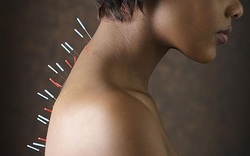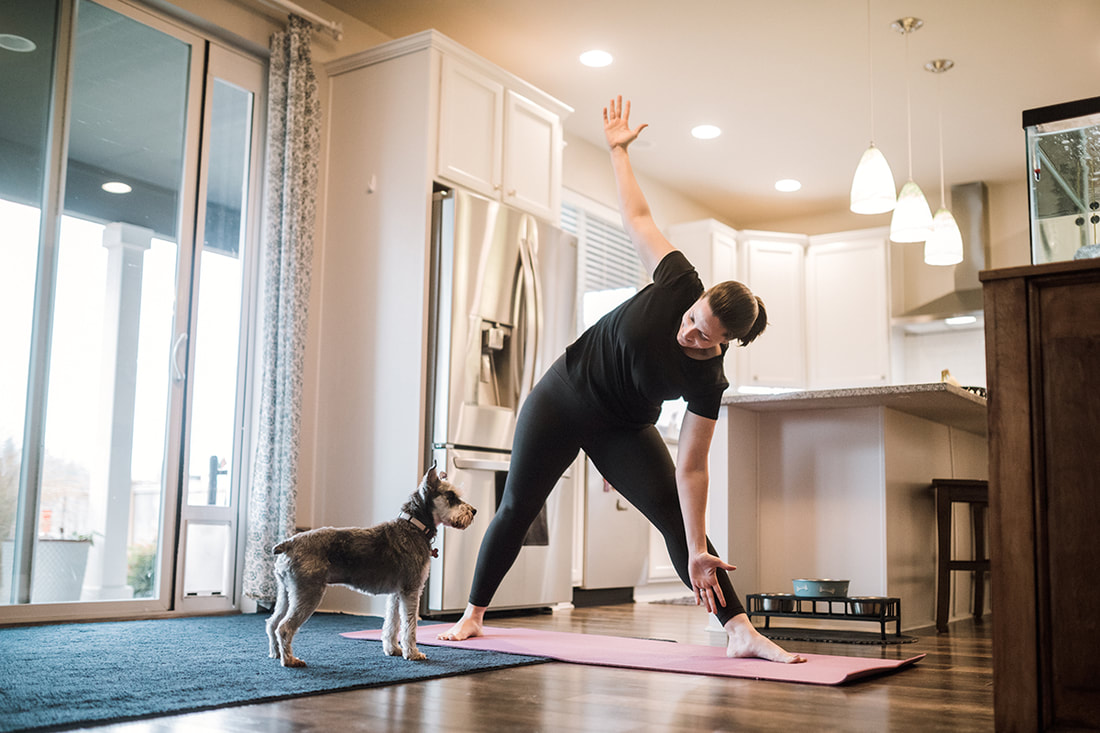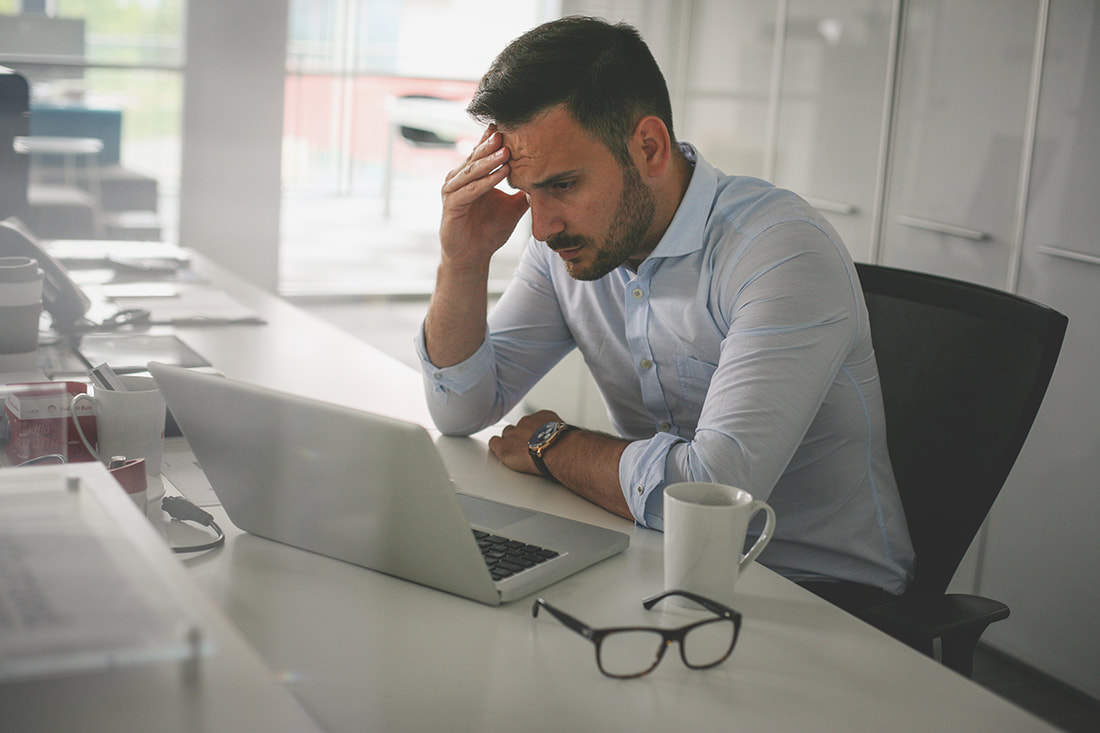|
Most of us are spending significantly more time at home these days. In my personal experience, the initial abrupt change in daily life equated to me sitting for way too long of periods on a poor ergonomic yet very cozy couch. I was using the extra time to do cool stuff like read, take online harmonica lessons, and practice Spanish on Duolingo, but it didn’t take long to start feeling it in my back. It only took two days of this to aggravate an old back injury that causes burning pain to go down my leg. I quickly realized I needed to take my own advice that I give all the time as a physical therapist - keep moving!
We would all benefit from incorporating more movement throughout our day in both structured and unstructured ways. It’s not only vital for physical health, but also for mental and emotional health which is being tested a little more during this pandemic. There are an endless ways to fit in small little exercises with normal, daily tasks. I often suggest for patients to do heel and toe raises while brushing teeth, mini-squats while dicing vegetables, practice standing on one leg while washing the dishes, etc. Use the counter as a makeshift standing desk for computer work or reading to break up sitting time. My favorite way to include more movement is a good old fashion dance party. Put some tunes on and dance around the house! In addition to the unstructured exercise, try to set aside time everyday to go outside and walk. Walking is one of the best things you can do for your physical health. Plus the fresh air, birds chirping, and beautiful scenery make it all the better. Although we can’t physically be together, several places are offering virtual group exercise classes including our very own Evolve Fitness Studios. Join your beloved trainers for pilates, yoga, and strength training. Virtual classes give us a sense of community that is very much needed right now. To sum it all up - move, move, move! Stay active and stay healthy. Jill Grider, DPT, OCS Board Certified Orthopedic Clinical Specialist Staszak Physical Therapy & Wellness Center
0 Comments
by Eric Ottenbreit, D.PT
Stress can eat away at you. We’ve all been there. Your life may be going along as fine as it can be. Your job, your home, your family they all require attention and care. Daily stresses add up but you’re able to find a few peaceful moments within the fray. Then one day, the unexpected can happen -insert unforeseen and difficult life event here-. Suddenly, life has turned you on your head. The icy grip of anxiety sinks into your chest. You can't eat, you can't sleep, even breathing is difficult. Life has a way of being a roller coaster with many harrowing twists and loops that violently disrupt your emotions and ability to function minute to minute. Before life can be rebuilt, before deadlines can be met, before difficulties can be overcome you have to take care of yourself. Make your wellbeing a priority. The good news is, no matter how difficult life gets, we can still be proactive on our own behalf. At Staszak Physical Therapy & Wellness Center, we not only help reduce and manage pain in order to restore your function, we also encourage our clients to consider making positive choices throughout the day that may have an overall positive effect on mood, lifestyle, and ability to move forward from wherever you may be. Proactive ways to reduce stress at home: Meditation: Meditation has been used for centuries as a way of calming the mind and body. Psychology Today reports that research continues to develop about the positive effects of meditating for as little as 15 minutes daily can create “a pattern indicative of greater positive, approach-oriented emotional states” that can profoundly reduce daily stress. Dietary Changes: What we eat and the way we eat can contribute greatly to the body’s overall inflammation levels and body weight composition. “Stress Eating” is often used as a quick means of trying to deal with some perturbance to the flow of daily life. Quick snacks, processed convenience foods, and calorie dense drinks are often the likely go-to to get us through those tough moments. Instead, consider switching to an anti-stress eating pattern. Discussing and considering various strategies for including foods with greater nutrient density and meal prepping may reduce those moments of weakness. Choosing foods that reduce inflammation and start moving our bodies toward the ideal body composition can have a tremendous effect on stress and overall health and wellness. Water Intake: This is a simple one. In our current culture of ever-increasing productivity demands, we often reach for that next cup of coffee or tea instead of water. Our organs, brain included, require copious amounts of water to help with metabolic demands and nutrient bathing. Various hormones, including the stress hormone cortisol, can be better regulated with proper hydration. Increasing your water intake to the recommended ½ to 1 fluid ounce per pound body weight daily can take that stress down another notch. Caffeine Reduction: Caffeine reduction ties in closely with water intake and retention. Caffeine is a known diuretic, meaning it can cause in increase in urination when consumed. Knowing that we generally don’t drink enough pure water, increased caffeine ingestion can promote further levels of chronic dehydration. Not drinking enough water can cause undue and unwanted stress to our bodies and our mind. Exercise: I can never say enough about the positive benefits of movement and exercise. Something as simple as a daily walk may greatly improve the body’s ability to cope with stress. Improving blood flow, strength, flexibility, and body composition can all have profoundly positive effects on health and stress. If you’re unsure of where to start just know that there is no “one size fits all” approach to movement and exercise. Considerations to keep in mind when choosing a movement program include, different body types, muscle density types, strength profiles, fitness goals, age, mental state and motivations, and many more. When you decide to begin or are continuing your movement and fitness journey, if you’re experiencing pain or difficulty let us at Staszak Physical Therapy thoroughly evaluate your injury or issue and provide guidance, help, and healing. Let us help you learn to reclaim your movement potential, discuss strategies for dealing with stress, and returning you to doing the things you love. *Disclaimer. This blog should not be used as medical advice or diagnosis. If you plan on making changes in your lifestyle, diet, and exercise, please consult your physician to see these any of these changes are appropriate for you.  As you are well aware of, depression is a disorder characterized by negative physical and psychological symptoms. The most common symptoms are anxiety, lack of concentration, body aches, mood swings, and poor sleeping habits. There are more extreme forms of depression that are linked to suicidal thoughts and dependencies on drugs and alcohol. Modern forms of medicine in the form of anti-depressant drugs are the West’s idea for dealing with depression. Traditional Chinese Medicine (TCM) deals with depression in a much different way. Techniques such as acupuncture, Chinese herbs, tai-na massage, and energetic exercises to restore imbalances are all forms of treatment for different symptoms associated with depression. The holistic approach of acupuncture deals with the insertion of fine needles on separate parts of the body stimulating the body’s flow of energy known as “Qi”. Studies have shown that treating depression with acupuncture have both positive physical and holistic results on depressed patients. Studies have all shown that acupuncture is as effective as any other type of treatment for relieving depression symptoms, such as psychotherapy and drugs. At Staszak Physical Therapy and Wellness Center, we offer acupuncture therapy and can help treat your physical and emotional ailments, along with a host of other holistic services. Please contact us today. Allen, J. J. B. (2000). Depression and acupuncture: a controlled clinical trial. Psychiatric Times Online, 22, 3. Tian, C. H. (2002). Acupuncture treatment for depression. New England Journal of Traditional Medicine, 1, 4-7. |
Our BlogRead here for more information about our practice, industry news, tips for taking care of your body, and great recipes for healthy living. Categories
All
|



 RSS Feed
RSS Feed